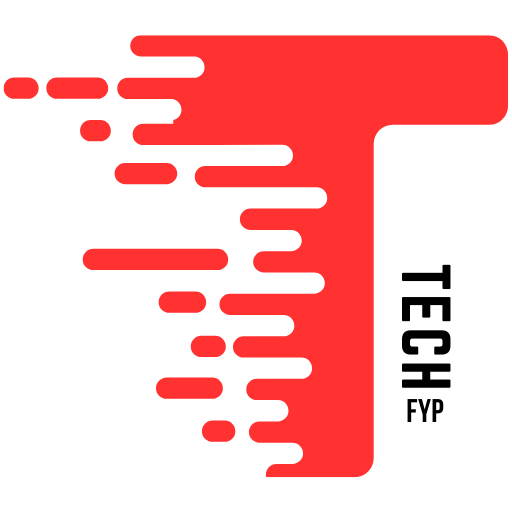London’s digital defense receives a major upgrade
In a historic move, Nokia has been appointed to improve cybersecurity infrastructure at the London Internet Exchange (LINX). This initiative marks LINX as the pioneering internet exchange in the UK to implement such extensive DDoS attack protection measures.
The recent threat landscape has seen a striking increase in DDoS attacks, rising from an average of one to two incidents daily to a staggering count of over 100 assaults per day. The data highlights a dramatic 166 percent increase in overall attack traffic between June 2023 and June 2024, as reported by Nokia’s October 2024 Threat Insights.
To combat these growing threats, Nokia is deploying its sophisticated Deepfield Defender Software, which is complemented by secure genome data feed. This advanced system leverages AI-powered detection capabilities, ensuring attacks are intercepted and neutralized before they have a chance to impact Linx members.
While details around the financial arrangements remain undisclosed, this strategic partnership underlines a significant step in protecting critical internet infrastructure in the UK. As the digital landscape continues to evolve, such strong protections are essential to maintaining the integrity and security of online networks.
Implications of enhanced cybersecurity in LINX
The enhancement of cybersecurity measures at the London Internet Exchange (LINX) represents a fundamental development in the field of digital infrastructure, with far-reaching implications for society and the global economy. As DDoS attacks intensify Globally, affecting businesses of all sizes, the ability to safeguard these critical services becomes essential not only for the protection of individual organizations but also for the stability of the economy in general. The reliance on digital platforms for commerce, communication and essential services highlights an urgent need for fortified cybersecurity frameworks.
Furthermore, this partnership between Linx and Nokia emphasizes an emerging trend towards collaborative cybersecurity efforts in all sectors. As organizations recognize that cyber threats do not respect borders, we may see an increase in partnerships aimed at improving collective defenses, thereby fostering resilience against globally orchestrated attacks.
In the long term, the implications of better cybersecurity extend to environmental areas also. Robust Internet exchanges can reduce the need for excessive data center infrastructure, minimizing power consumption and carbon footprints. Furthermore, as digital transformation accelerates, a secure Internet is critical for emerging technologies such as the Internet of Things (IoT) and smart cities, which promise more sustainable urban living.
In essence, this upgrade to LINX not only strengthens a key component of the UK’s digital economy, but also sparks critical discussions about National security, environmental sustainabilityand the ethos of cooperation necessary to combat the ever-evolving landscape of cyber threats.
Cyber revolution: London sets new standards for Internet protection
Improving cybersecurity: a major upgrade for London’s digital infrastructure
In an unprecedented initiative, Nokia has been selected to strengthen the cybersecurity framework at the London Internet Exchange (LINX). This advancement positions LINX as the first internet exchange in the UK to adopt comprehensive protections against distributed denial of service (DDoS) attacks.
# The growing threat of DDoS attacks
DDoS attacks have escalated at an alarming rate, with recent reports showing an increase from an average of one to two incidents per day to more than 100 assaults daily. Between June 2023 and June 2024, there has been a staggering 166% increase in overall attack traffic, as indicated by Nokia’s October 2024 threat analysis. This dramatic rise highlights an urgent need for enhanced protection measures through the vital infrastructure of the Internet.
# Implementation of cutting-edge technology
To address these growing cyber threats, Nokia is deploying its advanced Deepfield Defender software, complemented by Secure Genome Data Feed. This innovative system uses artificial intelligence for detection and remediation, providing an agile response to threats and avoiding any real impact on Linx members. AI integration not only increases efficiency, but also adapts to evolving attack methods, ensuring robust defenses are always in place.
# Pros and cons of Linx’s new cybersecurity measures
Pros:
– Proactive defense: Enhanced DDoS protection significantly reduces the risk of service interruptions for LINX members.
– Solutions with AI: Leveraging AI for threat detection improves the speed and accuracy of responses to cyber risks.
– Industry Leadership: LINX sets a benchmark for other internet exchanges in the UK and beyond, encouraging the wider adoption of advanced cybersecurity measures.
Cons:
– Cost implications: Although financial details are not disclosed, implementing such advanced systems typically involves significant investment, which could impact service fees for LINX members.
– Potential Compatibility Issues: As new technologies are integrated, there could be temporary disruptions or compatibility concerns with existing systems.
# Future trends and predictions
As the digital landscape becomes increasingly complex, the importance of resilient cybersecurity frameworks cannot be overstated. Experts predict that incidents of DDoS attacks will continue to increase, leading more organizations and infrastructures to invest in advanced protection technologies. The strategic partnership between Nokia and Linx can pave the way for similar collaborations in Europe, creating a fortified digital environment for businesses and individuals.
# Ideas about the cybersecurity landscape
The LINX update is not simply a response to current threats, but a proactive measure that aligns with broader trends in cybersecurity. Reliance on AI and machine learning is becoming more prominent, revolutionizing how entities defend against cyber threats. As organizations adapt to this new reality, continued innovation in cybersecurity tools is essential to stay ahead of potential attacks.
To learn more about the evolving world of cybersecurity, visit Nokia.



